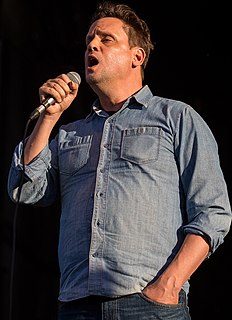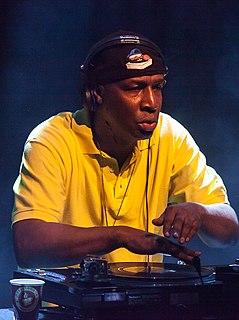A Quote by Norah Jones
I'd done recordings, little demos, since I was in college, which I used to get gigs. But I never thought I'd have a record label.
Related Quotes
My record label, which is a huge record label who represents massive, massive stars - they've never done anything like this before, and they were so excited about this idea of an animated character which is singing legitimate music. It's not a comedy record, it's a legitimate record. And they really jumped on board. So, we've got our Facebook page up, we'll be jumping on Twitter very soon, and sort of be creating Haley outside of American Dad.
Throughout college I was getting better and better at making recordings, producing songs, making different kinds of beats. I was starting to learn the signifiers of production from the '60s, the '80s. We never re-recorded anything. All the record companies that wanted to sign us - except for one - were excited about the recordings that we had done ourselves.
Just about the entirety of the first album, 'Brown Sugar,' I wrote it, the majority of that record in my bedroom in Richmond. And all of the demos for it were done on a four-track in my bedroom. I think EMI was a little leery of me being in the studio producing it on my own, which is what I was fighting for.
In theory, when you're working with a record label, you're just borrowing their money. And that's basically how the record industry works, right? It's like, you borrow $100,000 from a record label, so you don't make any money until you make back that money for them. In theory, they have you held hostage, so you've got to do every little stupid thing that they want you to do.




































